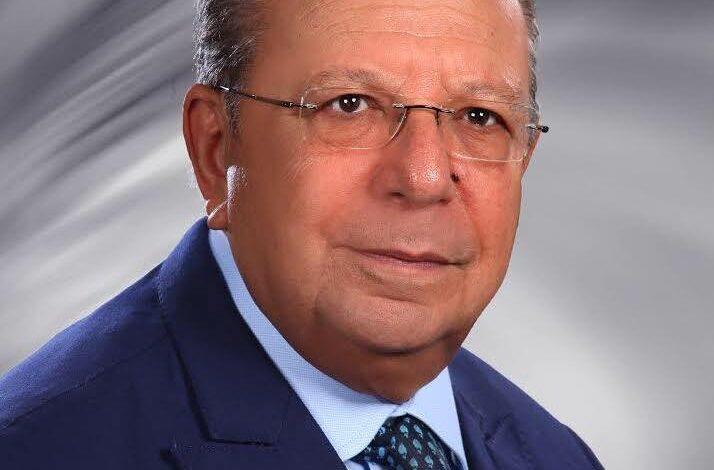
Opinion Expat Remittances: Egypt's Inexhaustible Mine
These remittances are not only support for families; they are a lifeline whose value surpasses traditional assets, prompting us to ask whether the funds sent home by Egyptians abroad are, in fact, the strongest golden shield of the Egyptian economy. It is entirely reasonable to describe Egyptian remittances as“Egypt's gold mine”.
If the value of gold in the Central Bank's reserves stands at roughly $16.5bn, the value of Egyptians' remittances far exceeds that amount. Gold is a fixed reserve asset and a safe haven, and its value fluctuates with global prices. Remittances, on the other hand, are a renewed and substantial annual inflow – exceeding $30bn – replenishing this“mine” every year.
These transfers originate from Egyptian human capital abroad, a resource that does not require foreign direct investment or external borrowing. This money is driven by social and economic motivations, making it more sustainable and more resilient than other sources of income that are vulnerable to geopolitical shocks or global market fluctuations.
Gold serves as a reserve asset used in times of crisis, but it is not liquid for day-to-day use. Meanwhile, expatriate remittances enter directly as liquid foreign currency flowing through the arteries of the economy, allowing immediate use for essential imports, meeting obligations, and supporting the state's foreign-exchange reserves.
Remittances witnessed a notable decline in 2022/2023 due to the expansion of the parallel currency market. But after the decision to liberalise the exchange rate in March 2024 and the reforms that followed, remittances surged and returned to official channels. In the first quarter of 2025, remittances rose by 84.4% compared to the same period the previous year, and in the first months of this year alone reached $30.2bn.
The drivers behind this increase include the unification of the exchange rate, government incentives such as the initiative to import customs-exempt cars, the issuance of high-yield savings instruments, as well as social motivations such as expatriates' support for their families in Egypt and their national attachment to their homeland.
To ensure the sustainability of these inflows, expatriates must be integrated more deeply into the economic fabric through the creation of dedicated dollar-denominated investment funds, the development of entrepreneurship programmes, the introduction of a health-insurance and pension system, and the provision of specific customs and tax exemptions.
In conclusion, the remittances of Egyptians working abroad are not merely items in the balance of payments; they are a national strategic asset whose annual value and flow surpass the most precious metals in our vaults. Safeguarding this“human mine” and ensuring that it continues to flow through official channels is a shared responsibility that requires trust, facilitation and innovative incentives. Let us all work to ensure that this liquid gold remains the strongest pillar upon which Egypt builds its sustainable economic future.
Mohamed Abdel Aal – Banking Expert

Legal Disclaimer:
MENAFN provides the
information “as is” without warranty of any kind. We do not accept
any responsibility or liability for the accuracy, content, images,
videos, licenses, completeness, legality, or reliability of the information
contained in this article. If you have any complaints or copyright
issues related to this article, kindly contact the provider above.


















Comments
No comment